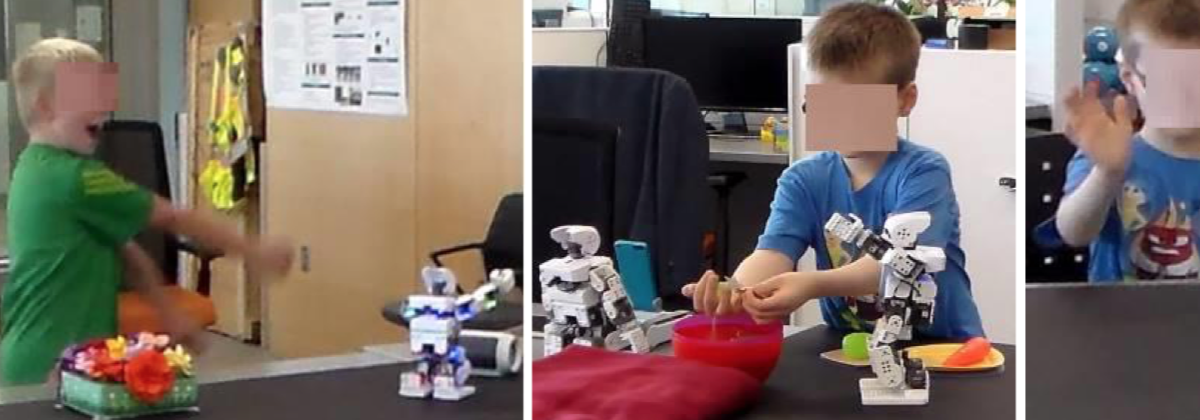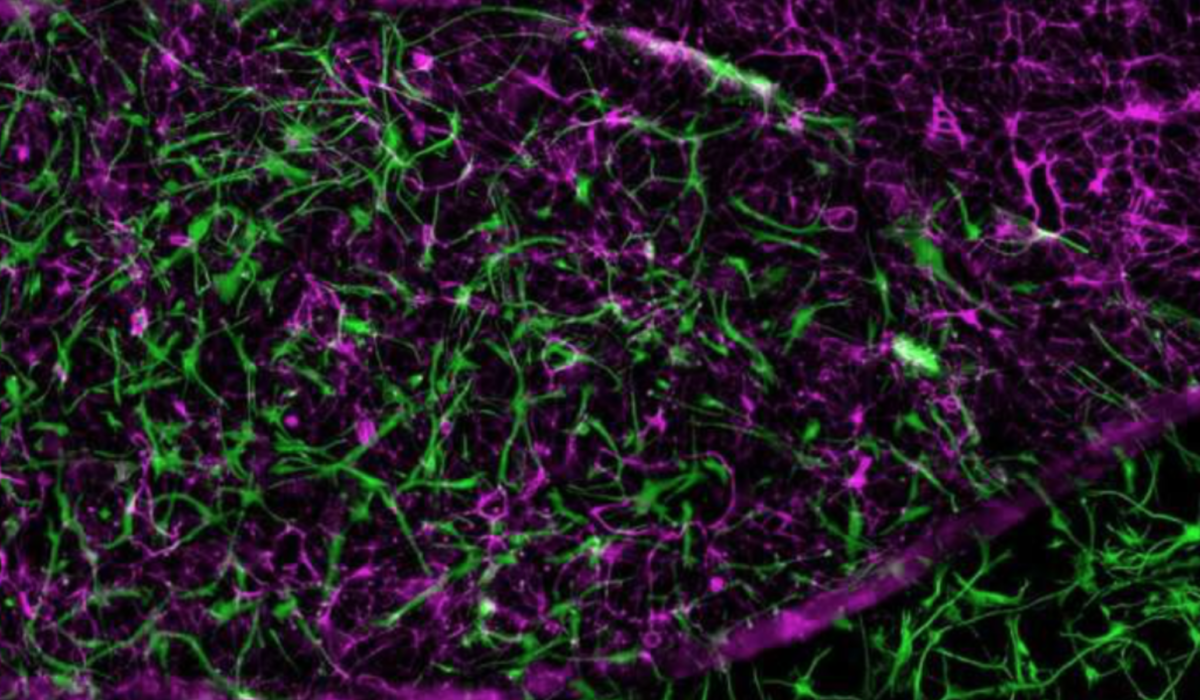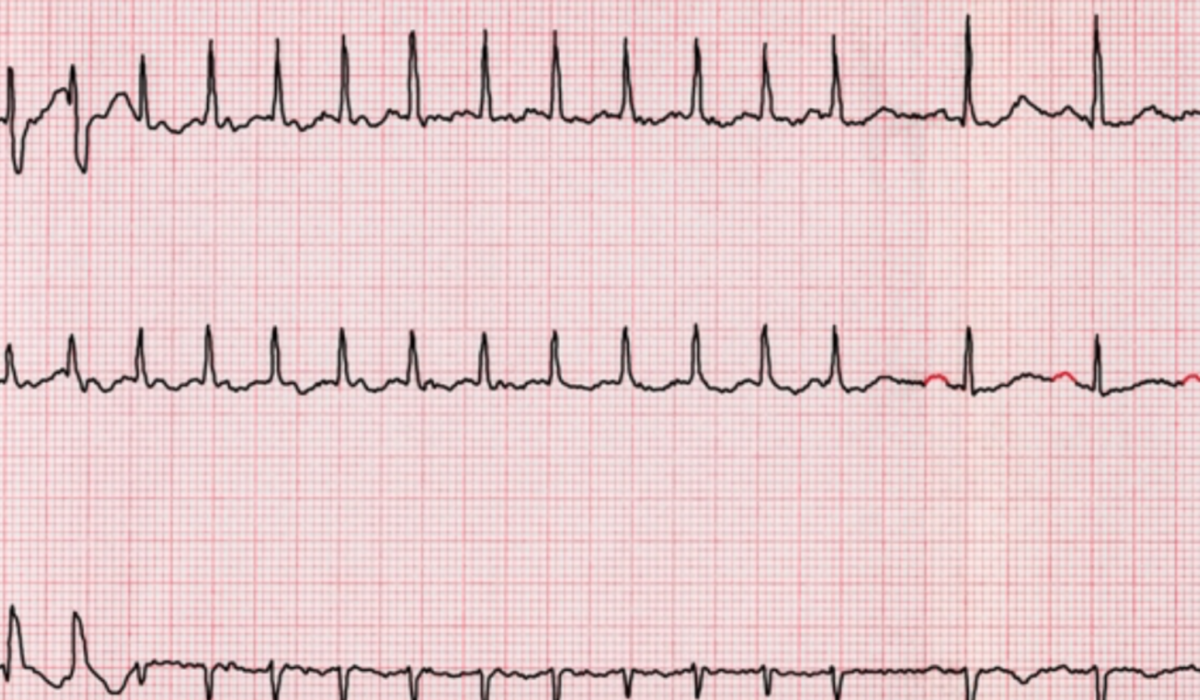CompCyst is a proof-of-concept study, led by Anne Marie Lennon at Johns Hopkins, which uses AI to more accurately determine which pancreatic cysts will become cancerous. The test evaluates molecular and clinical markers in cyst fluids,...
Monthly Archives: July 2019
Robot helps autistic kids engage
Georgia Tech professor Ayanna Howard is using interactive robots to help autistic kids engage with others, socially and emotionally. Her company, Zyrobotics, is commericalizing this technology. In a study, 18 kids, between the ages of 4 and 12, five...
Tiny fiber optic sensor monitors blood flow in real-time
John Arkwrightand Flinders University colleagues have developed a tiny, low cost, fiber-optic sensor to monitor blood flowthrough the aorta in real-time. The goal is continuous monitoring during prolonged intensive care and surgical procedures. Current blood...
New electrodes, brain signal analysis, for smaller, lower power, wireless BCI
Building on his prior brain-controlled prosthetic work, Stanford’s Krishna Shenoyhas developed a simpler way to study brain electrical activity, which he believes will lead to tiny, low-power, wireless brain sensors that would bring thought-controlled prosthetics into...
Blood-brain-barrier recreated inside organ chip with pluripotent stem cells
Clive Svendsen, Gad Vatine, and Cedars Sinai and Ben Gurion University of the Negev colleagues have recreated the blood-brain barrier outside of the body using induced pluripotent stem cells for the first time. In...
Sensor glove identifies objects
MIT’s Subramanian Sundaramhas developed a sensor glove that identifies objects through touch. This could improve assistive robot performance and enhance prosthetic design.The cheap “scalable tactile glove” includes 550 tiny, pressure-capturing sensors. A neural network uses...
Study: Noninvasive BCI improves function in paraplegia
Miguel Nicolelishas developed a non-invasive system for lower-limb neurorehabilitation. Studysubjects wore an EEG headset to record brain activity and detect movement intention. Eight electrodes were attached to each leg, stimulating muscles involved in walking. After...
Deep learning mammography model detects breast cancer up to five years in advance
MIT CSAIL professor Regina Barzilayand Harvard/MGH professor Constance Lehman have developed a deep learning model that can predict breast cancer, from a mammogram, up to five years in the future. The model learned subtle breast tissue patterns that...
Atrial fibrillation-detecting ring
Eue-Keun Choiand Seoul National University colleages have developed an atrial fibrillation detecting ring, with similar functionality to AliveCor and other watch-based monitors. The researchers claim that the performance is comparable to medical grade pulse oximeters....
AI detects depression in children’s voices
University of Vermont researchers have developed an algorithm that detects anxiety and depression in children’s voices with 80 per cent accuracy, according to a recent study. Standard diagnosis involves a 60-90 minute semi-structured interview with...









